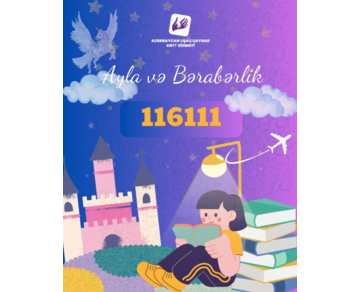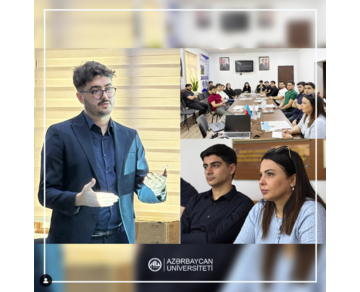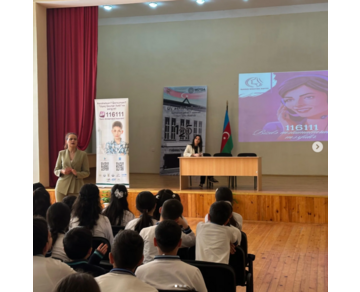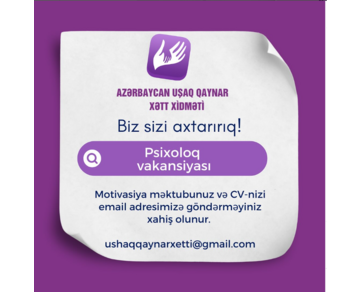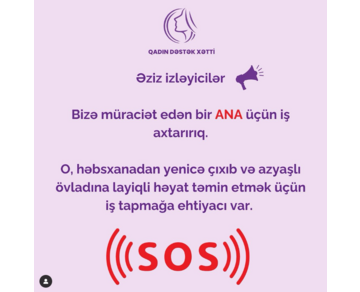Ayla was 14 years old, always active in class, loved learning, and wasn’t afraid to raise her voice against injustice. She consistently gave thoughtful answers about justice and equality, and participated actively in class discussions.
One day, during a lesson, the teacher asked the class a question:
— What do you think justice means in school?
Ayla answered without hesitation:
— It means giving everyone equal opportunities and not discriminating against anyone based on gender, race, or social status.
However, Elvin objected:
— But boys are stronger, and girls are better suited for household chores.
Ayla replied calmly, but confidently:
— Strength is not just physical. For example, Marie Curie made significant contributions to science, and Rosa Parks helped bring about social change. They impacted the world, and they did it not with physical strength, but with their knowledge and willpower.
A silence fell in the classroom. The students thought about Ayla’s words. The teacher smiled and said:
— Justice is when everyone is given the same opportunities, and everyone’s potential is recognized. We learn and grow together.
Ayla nodded in agreement. She understood that talking about equality could give people a new perspective, and that justice is not just about rules, but about showing respect and understanding toward one another.



